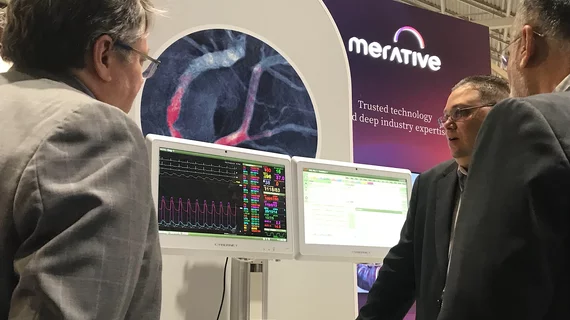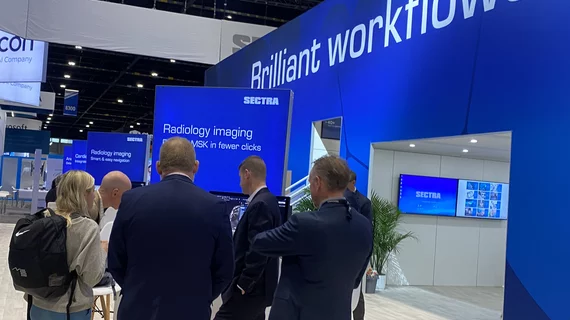Informatics
The goal of health informatics systems is to enable smooth transfer of data and cybersecurity across the healthcare enterprise. This includes patient information, images, subspecialty reporting systems, lab results, scheduling, revenue management, hospital inventory, and many other health IT systems. These systems include the electronic medical record (EMR) admission discharge and transfer (ADT) system, hospital information system (HIS), radiology picture archiving and communication systems (PACS), cardiovascular information systems (CVIS), archive solutions including cloud storage and vendor neutral archives (VNA), and other medical informatics systems.
Displaying 865 - 872 of 1011




